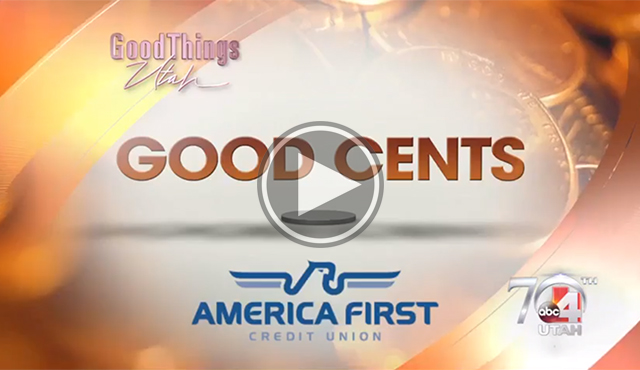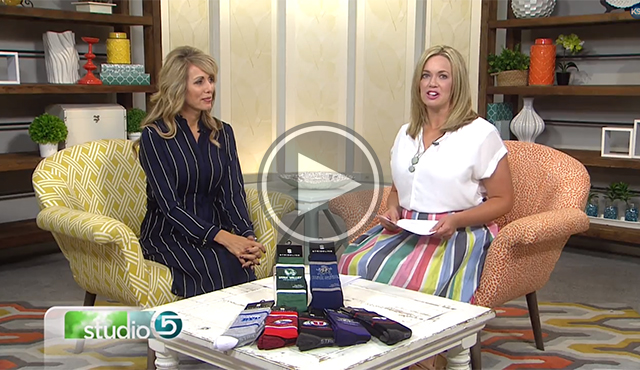In case of fire, floods, earthquakes, hurricanes or even job loss, an emergency preparedness plan can make a big difference. The U.S. Department of Homeland Security has recommended that each household be sustainable for at least three days after a catastrophic event. And while you can buy food storage and 72-hour kits for hundreds or even thousands of dollars, here are some tips for getting prepared on a budget.
Food
Don’t wait until a disaster hits to start stocking up or you’ll be faced with empty shelves and a limited selection. Grow your inventory in small steps, buying whenever a good deal comes around. Skip eating out once a week and use that money to purchase some non-perishable items.
Start with a few cans at a time and watch for case lot sales at your local supermarket, where you can buy canned beans, fruits, vegetables and meats in bulk to save even more. Also, keep an eye out for deals on spices, which will be much appreciated if you’re living on wheat bread and beans for a while. Spend less on generic brands, but make sure you’re getting something you and your family will actually eat. Rotate your storage every few months.
Water
Water is essential for any emergency preparedness inventory. You need to be ready in case your city’s water supply is contaminated or cut off completely. Recommendations are to store one gallon of water for each family member, per day. However, instead of expensive bottled water, save a few bucks by filling up empty two-liter soda bottles. Make sure to clean and rinse them to prevent any contaminants that could promote bacterial growth.
Not all water is used for drinking, though. If you have advanced warning, fill up your bathtub and some buckets for bathing, washing clothes, and doing dishes. If your water is shut off, you’ll also need a reserve to flush your toilet. Ration it wisely and make sure to keep your two water supplies separate.
Other Supplies
Your emergency preparedness kit should also include items to keep you warm, dry & clean. Many dollar stores carry basic toiletries, bandages, rubbing alcohol and other first-aid supplies, as well as cheap flashlights. After all, you don’t want to have to waste your phone’s power. Test them regularly and replace the batteries as needed.
Instead of donating all your old clothes to a local thrift store, keep an outfit or two to include in your 72-hour pack. You don’t need new clothes or the latest trends when you’re trying to stay warm. And if you have small children, consider using cloth diapers instead of disposable ones—they’re reusable and take up much less space. Keep a small amount of cash on hand, too. No electricity means that credit & debit cards won’t work.
Putting together an emergency preparedness kit doesn’t have to be expensive. Set apart a small amount each month for additional preparation purchases. You can also ask for items as birthday or Christmas gifts. It may take a little longer on a budget, but every little bit helps when disaster strikes.


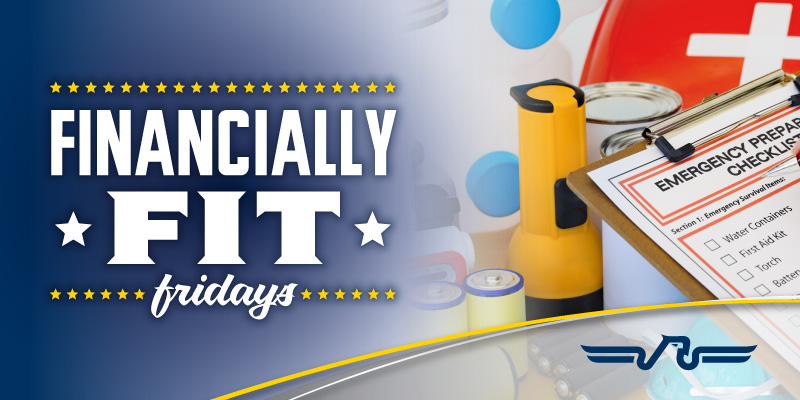
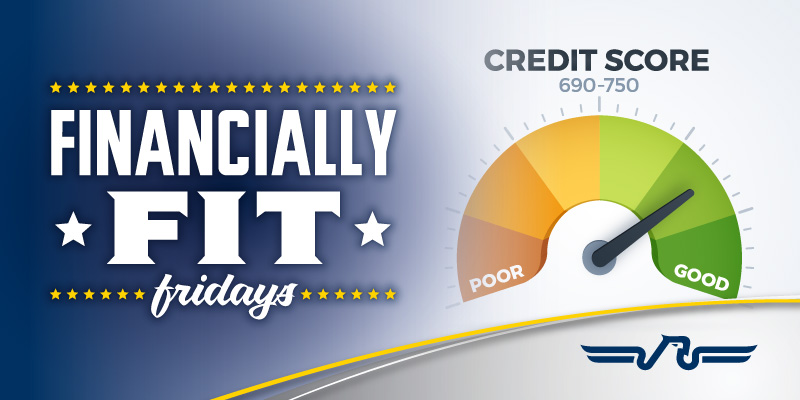
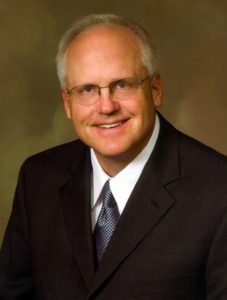 By John B. Lund, President & Chief Executive Officer
By John B. Lund, President & Chief Executive Officer

